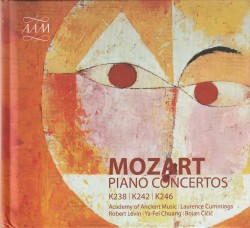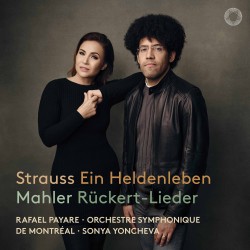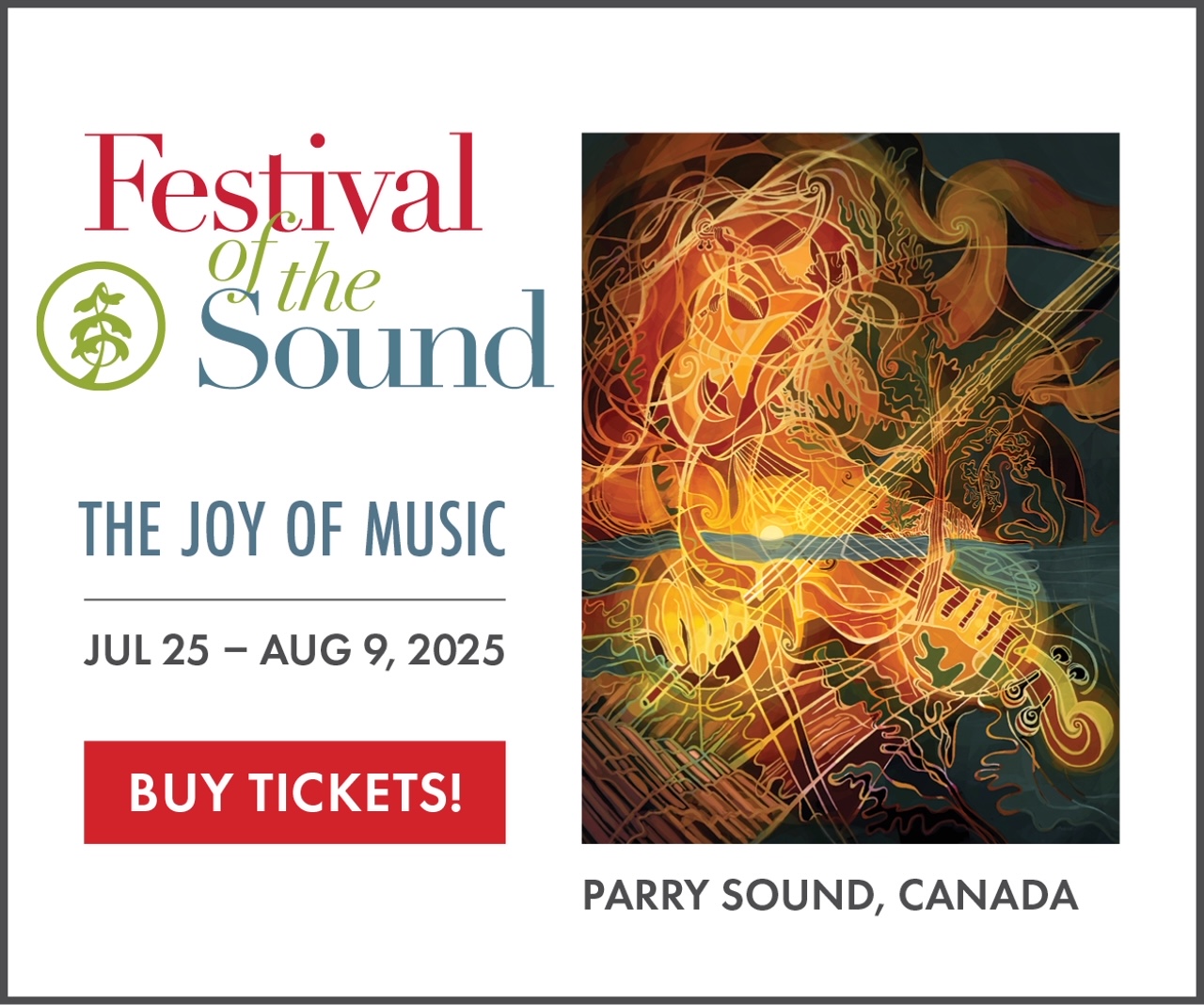East is East - Infusion Baroque
 East is East
East is East
Infusion Baroque
Leaf Music LM276 (leaf-music.ca)
To 19th century literary aficionados – and many who came thereafter – Rudyard Kipling’s poem The Ballad of East and West must have sounded prescient. Indeed, many with self-serving nationalist tendencies, ever mindful of irrational social turmoil the world over might, with the wag of a rigid digit even go further and say, “Told you so.” However, the cultural topography of civilisations have been enriched immeasurably from such collisions since time immemorial. Canadian culture is an outstanding example of such amazing cultural collisions.
Although we do not need proof that humanity is brought so many degrees closer together by art – especially music and dance – the repertoire on East is East is a beautiful example of how much better we can begin to appreciate and live alongside the “otherness” of cultures. In fact, such “otherness” may often seem apocryphal. Listen with wide-eyed wonder to Infusion Baroque’s eloquent undulant variations (of) La Bergamasca. In an act of true inspiration, the ensemble has fused variations by Uccellini and Vitali, Corelli, Vivaldi and Marais into an inspired reinvention in the Phrygian mode.
Refusing to let this inspirational music fade away thereafter, the performers soar loftily with music that interprets Indian ragas such as Sandhya Raga and Gurjari Todi, in performances led by the luminous-voiced soprano Vidita Kanniks. Santoor master, Amir Amiri also contributed several celestial compositions: Saghi Nameh, Cortege, Raghse Choobi and Aghrab are truly outstanding. Infusion Baroque anchored by Alexa Raine-Wright, Sallynee Amawat and Andrea Stewart and guests – Thibault Bertin-Maghit, Hamin Honari, Hank Knox and Shawn Mativetsky – are masterful throughout.








